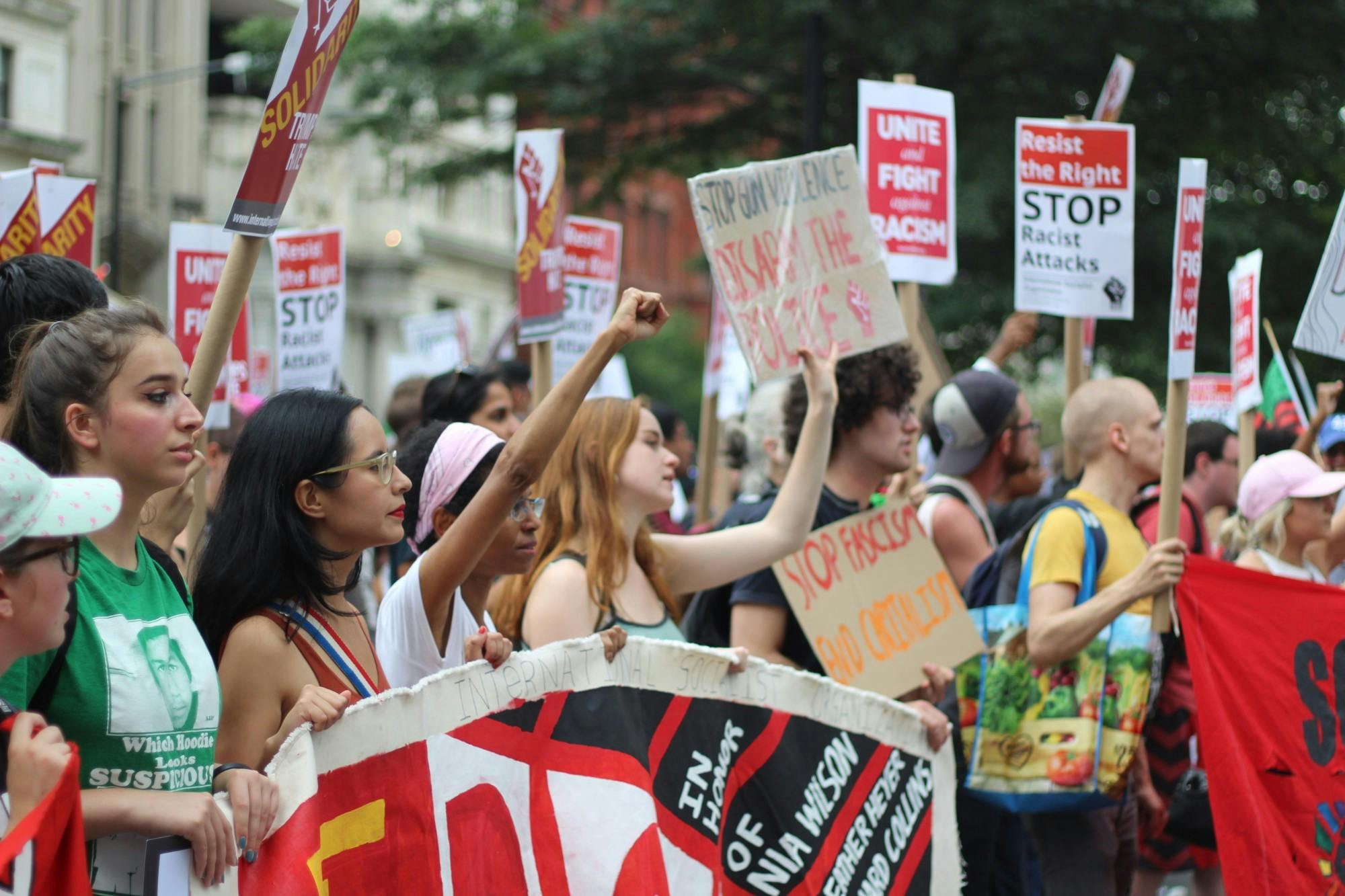Imagine you’re at home on a nice Memorial Day weekend, enjoying some responsible, physically distanced BBQ with your family. Then you get a call that one of your employees was identified in a racist viral video and your website and social media presence is getting hammered with negative attention.
For some unlucky HR leaders at Franklin Templeton, that’s exactly what happened this week (via CNN):
Amy Cooper was walking her dog Monday morning while Christian Cooper (no relation) was bird-watching at a wooded area of Central Park called the Ramble. They both told CNN their dispute began because her dog was not on a leash, contrary to the Ramble’s rules, according to the park’s website.
Christian Cooper recorded video of part of their encounter and posted it on Facebook, where it has since been shared thousands of times and became a trending topic on Twitter. In the video, he is largely silent while she frantically tells police he is threatening her and her dog.
“I’m taking a picture and calling the cops,” Amy Cooper is heard saying in the video. “I’m going to tell them there’s an African American man threatening my life.
Employment attorney (and ERE.net contributor) Kate Bischoff wrote a good summary of what HR leaders should do if they are unfortunate enough to deal with a situation like this. In short: place on leave, investigate, take action, talk with employees, and emphasize your policies. In Bischoff’s post, she made it clear that the company had no choice but to fire her, which is what they did on Tuesday.
Since this is 2020 though, one outrage-inducing, racist incident isn’t enough. Later on Memorial Day, a Minneapolis police officer was videotaped killing a black man in custody named George Floyd by kneeling on his neck. The police officer in question had a history of complaints and according to multiple experts, was not using proper procedures to safely secure someone in police custody. Protests have expanded beyond Minneapolis, to cities like Memphis and Los Angeles.
The workforce ramifications of both these incidents can’t be ignored. They represent, as The Washington Post wrote, two versions of racism that black people face every day. People in power abuse their privilege and weaponize it against minorities, at both work and in the most benign settings — like birding in Central Park. It’s something every company leader needs to be working on right now. HR leaders, in particular, owe it to their workforce to acknowledge this tremendous burden and do everything they can to proactively put a stop to it in the workplace.
Quick hits
- 90% of laid-off workers will be rehired, according to new research. Will they want to go back? That might be another story. [Salary.com]
- The CDC has issued guidance that warns against the use of antibody testing for any return-to-work decision. [LexBlog]
- Shocking news: More people want to work with their pet than their partner while at home. [TOP Data]
- 41% of employees working from home are frustrated and want to return to their offices. [TechRadar]
- Companies are concerned with security, particularly data loss and more than half of employees believe they can get away with riskier behavior when working from home. [Tessian]
- While working women have been impacted heavily by work from home mandates, 68% say they are either as or more productive now. [TechRepublic]
- Less than 20% of employers are increasing sick time or PTO in light of the pandemic. [Monster]
- This return to work guide is one of the better ones I’ve read that takes into account mental and physical well-being. [Aduro]
- 75% of employees believe companies should help pay for college, and with the CARES Act, they now have more opportunities. [Gift of College]
A remote work downside: Culture?
The upsides of remote work have been explored throughout the pause of in-person work at many locations: Less time commuting, fewer expenses on gas or public transit, and better control of how to work on focused tasks. But a concern for some — the in-person culture that many organizations have painstakingly built — is very real (via Axios):
The downsides of remote work — less casual interaction with colleagues, an over-reliance on Zoom, lack of in-person collaboration and longer hours — could over time diminish the short-term gains.
“The longer we remain fully remote, the more difficult it is going to be to mitigate a rate of decay in culture,” said Rob Falzon, vice chair of Prudential and architect of Prudential’s Future of Work initiative. “That should be keeping leaders up at night.”
Do the communication and collaboration factors that remote work amplifies really lead to cultural decay? Does a lack of in-person contact carry the significant risk that Falzon predicts? Is culture really built better in-person?
I’ve been working in remote environments for more than a decade, but this remote experience is not business as usual. Certainly, organizations could be more intentional about building a remote-first culture if their people weren’t engrossed in a worldwide pandemic.
I’d love to hear how your organization is coping with the cultural impacts of working from home, though.
The weekly wrap is where TLNT shares the stories that didn’t quite make it into a full post this week. We’ll also share links to some of our favorite things we read this week about HR, people development, the future of work, and more.
